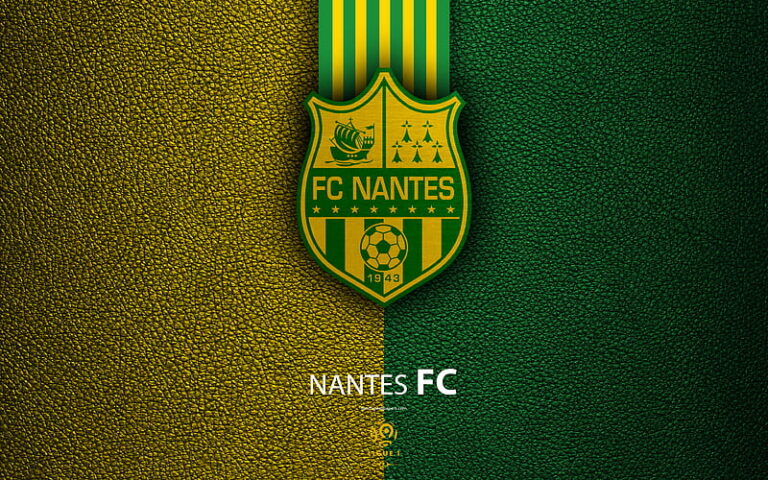
Burnley FC
Despite adversity, Burnley demonstrated resilience, emerging stronger in the post-war years, culminating in their historic league victory in the 1959-60 season Bet88 nhà cái.
Tactical Evolution and Playing Style Burnley FC
Throughout its history, Burnley FC has exhibited a variety of playing styles, adapting strategically to different eras and managers’ philosophies. From traditional physicality to modern tactical nuances, the club’s evolution reflects broader trends in English football.
The Early Years: Physical and Direct Play
In its formative years, Burnley’s style was characterized by robust, physical football, typical of working-class teams from Northern England.
- Emphasis on strong tackling, aerial duels, and straightforward attacking.
- The playing style suited the conditions of pitches and the physicality of opponents.
- Managers prioritized discipline and resilience over finesse.
This approach earned Burnley a reputation for tenacity and grit, often overpowering technically skilled opposition through sheer determination.
The Post-war and 1960s Tactics: Building on Discipline
The post-war era saw a shift towards more organized team tactics, influenced by innovations introduced by managers like Harry Potts.
- Focus on structured defensive organization.
- Development of fluid attacking maneuvers, incorporating passing and positional play.
- The 1960s featured a blend of physicality with emerging tactical sophistication.
This period highlighted the club’s adaptability, balancing traditional toughness with strategic nuance, which resulted in sustained success domestically.
Modern Era: Tactical Flexibility and Possession-Based Play
In recent decades, especially under contemporary managers, Burnley FC playing style has become more adaptable.
- Incorporation of possession-based football suited to the modern game.
- Use of pressing and high-intensity strategies to regain control.
- Tactical flexibility allowed Burnley to compete in various formations, including 4-4-2, 4-3-3, and 3-4-3 setups.
The club’s evolution demonstrates a willingness to innovate while respecting its core identity rooted in resilience and hardworking ethos.
Influence of Key Managers on Tactical Identity
Certain managers have significantly shaped Burnley’s tactical outlook.
- Harry Potts: Emphasized disciplined, organized attacking football.
- Sean Dyche: Known for pragmatic, no-nonsense approach emphasizing defensive solidity and counter-attacks.
- Recent managerial appointments reflect ongoing adaptation to the demands of Premier League competition.



